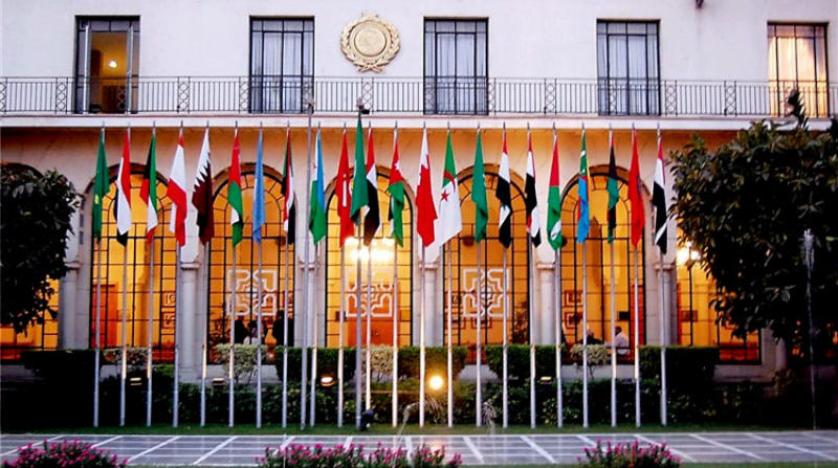After the Saudi Foreign Minister met with his counterpart in the Assad government, it was believed that Bashar’s attendance at the next Arab League summit was a settled decision. However, the surprise came when five countries, including two represented in the ministerial consultative meeting, refused to accept the step.
Qatar and Kuwait, along with the legitimate governments in Yemen and Libya, as well as Morocco, expressed their objections to reintegrating the regime into the Arab world. Western newspapers also reported that Egypt is hesitant. These countries demand that the regime takes serious measures towards a political solution in line with UN Resolution 2254, along with other parameters that have become known.
Why did the project to return to Syria fail? There are three possibilities.
First: Saudi-Qatari coordination
The prevailing belief among a significant portion of respondents is that Saudi Arabia orchestrated the recent events to prevent Iran from gaining too much power too quickly. According to a source within the opposition negotiating body, there has been effective coordination between Qatar and Saudi Arabia regarding the Syrian conflict, which has not been seen in at least 8 years.
The source stated that Saudi Arabia recognizes the need for Qatari involvement in any plans it wishes to execute, while Qatar acknowledges the weight of Saudi Arabia’s influence in the region. As a result, Qatar believes that change is on the horizon, even if it occurs gradually or partially, and has chosen to align itself with Saudi Arabia. This move strengthens Qatar’s position in its alliance with Turkey and enhances its efficacy in addressing the Syrian conflict, as well as other regional issues.
Arab dissatisfaction with the regime’s interaction
Another possibility that has been suggested by analysts is that Arab officials who have recently met with representatives of the Assad regime have been left with a negative impression. This is particularly true for Egypt.
In a previous interview with Orient Net, former Syrian diplomat Bassam Barbandi highlighted an important point regarding the statements made after the meeting between Egyptian Foreign Minister Sameh Shoukry and his Syrian counterpart Faisal Mekdad. Shoukry emphasized the importance of a political solution, the implementation of international resolutions, and rebuilding Syria. In contrast, Mekdad focused on the need to defeat conspiracy and terrorism and revive Arab solidarity, using wooden and outdated rhetoric.
Even though Egypt has recently normalized its relations with the Assad regime and is a strong ally of Saudi Arabia, it refuses to support Assad’s return to the Arab League until a political solution is found that involves all Syrian voices in deciding the country’s future.
Additionally, several experts have noted that Arab officials are displeased with the regime’s return to using a tone of strength and victory, which has caused occasional crises in the past with other Arab countries, even before the revolution in 2011. For the Arab world, the regime’s commitment to the principle of step-by-step progress and the implementation of Resolution 2254 is crucial, and this tone risks harming its standing in the international community.
U.S. intervention
Political experts suggest that a third possibility that may have slowed down the Arab normalization train with the Assad regime is the U.S.’s more serious intervention.
Although the White House spokesperson had calmly emphasized the need for significant political change before normalization during the consultative meeting with Arab ministers, the visit of Republican Senator Lindsey Graham to Saudi Arabia on Thursday was a clear indication of a shift in the US’s stance. Graham, who is known for his hawkish attitude towards the Assad regime, likely discussed the Syrian conflict, the issue of regime change, and the Caesar Act and sanctions with Saudi Crown Prince Mohammed bin Salman. These discussions involved multiple interconnected issues that have significant impacts on each other.
It is worth noting that after the Jeddah consultative meeting, U.S. statements criticizing Arab normalization with the Assad regime escalated, with a particular focus on the regime’s involvement in the drug industry and trade, which threaten global security and stability.
This article was translated and edited by The Syrian Observer. The Syrian Observer has not verified the content of this story. Responsibility for the information and views set out in this article lies entirely with the author.


